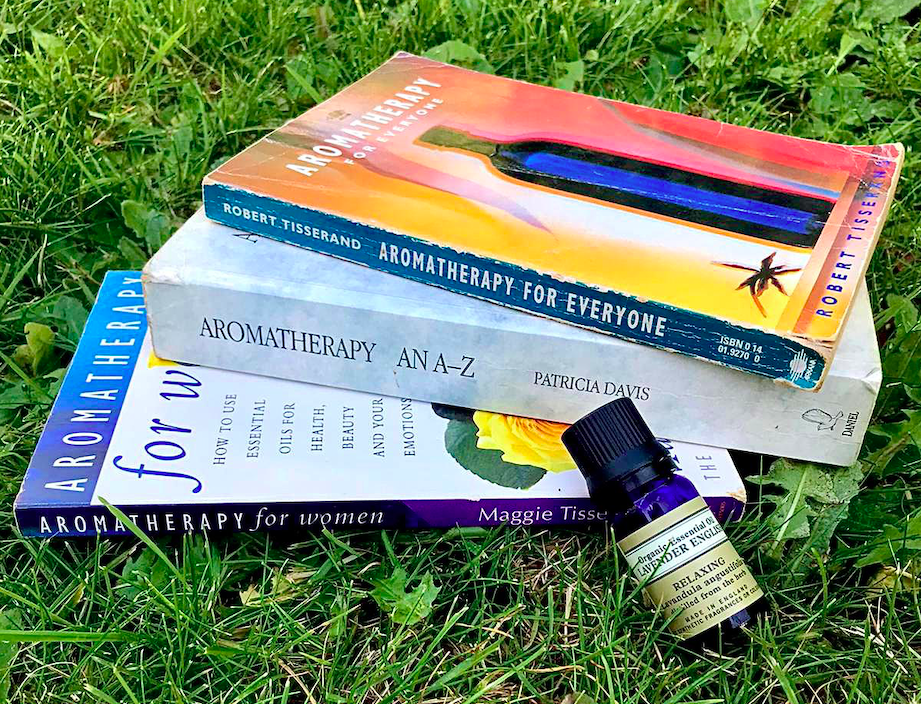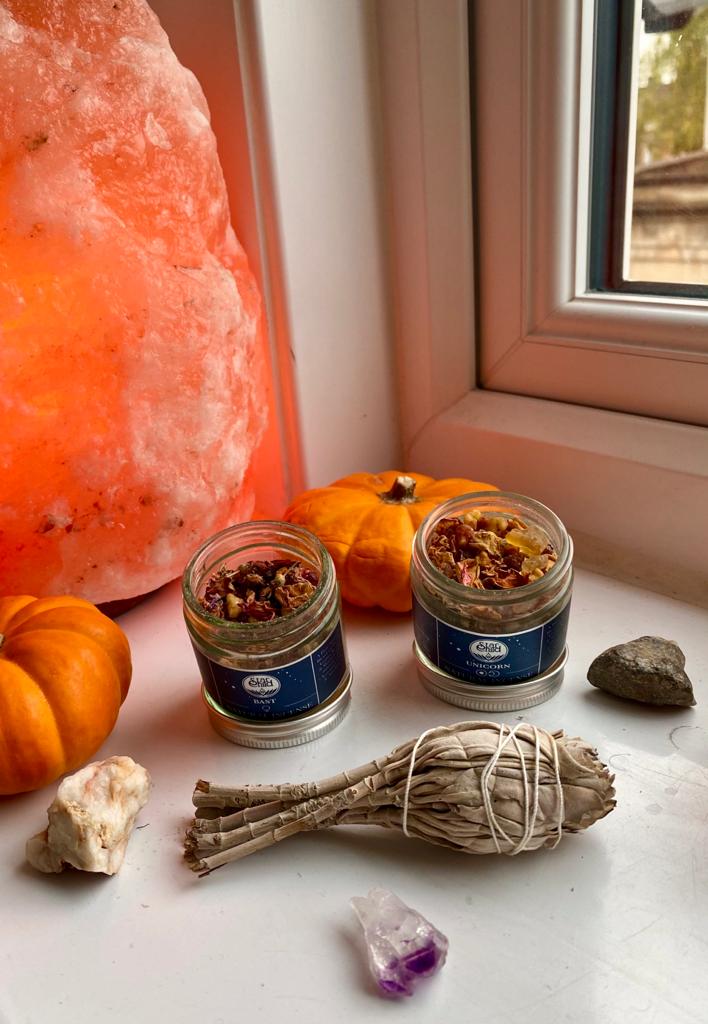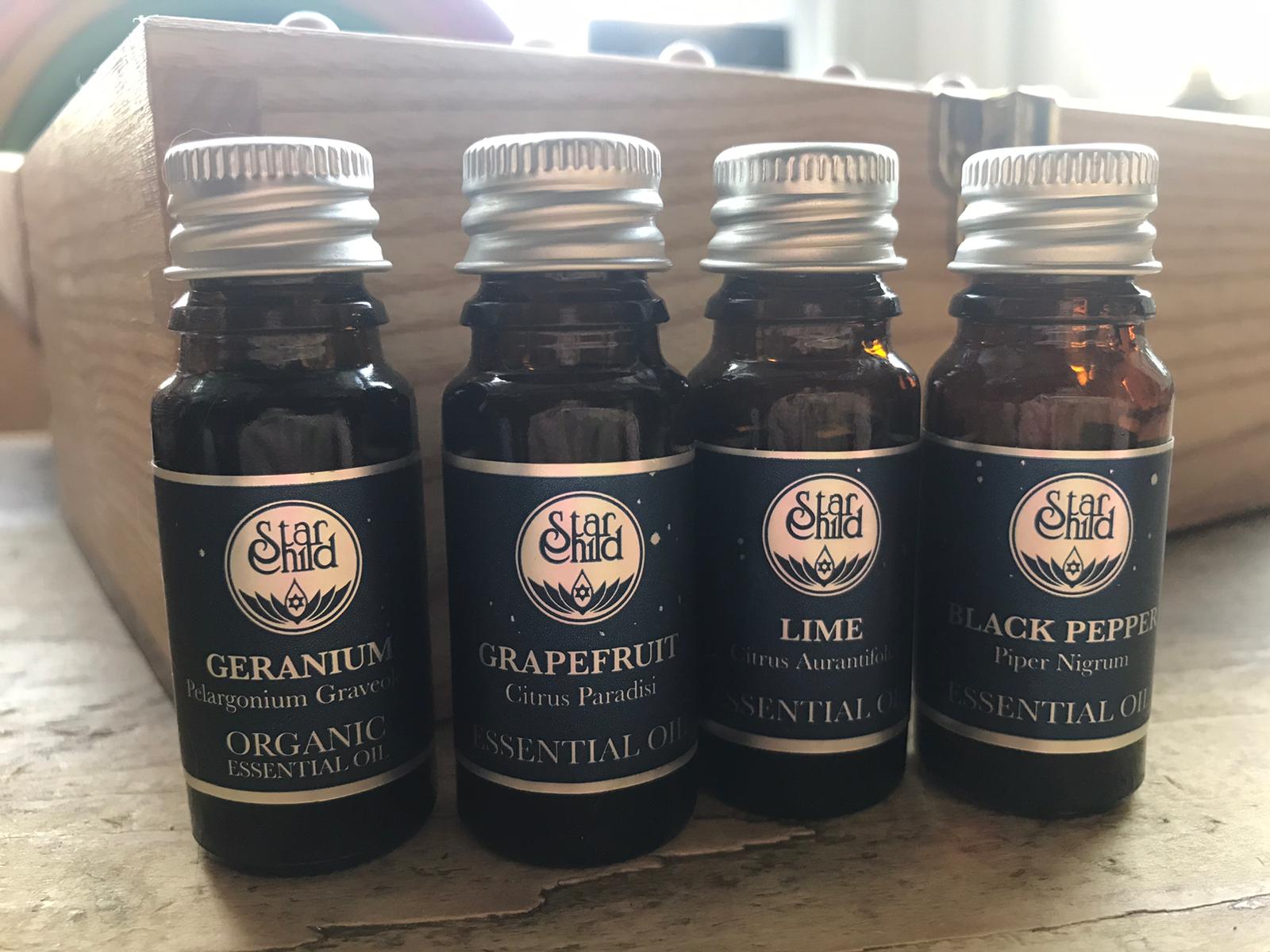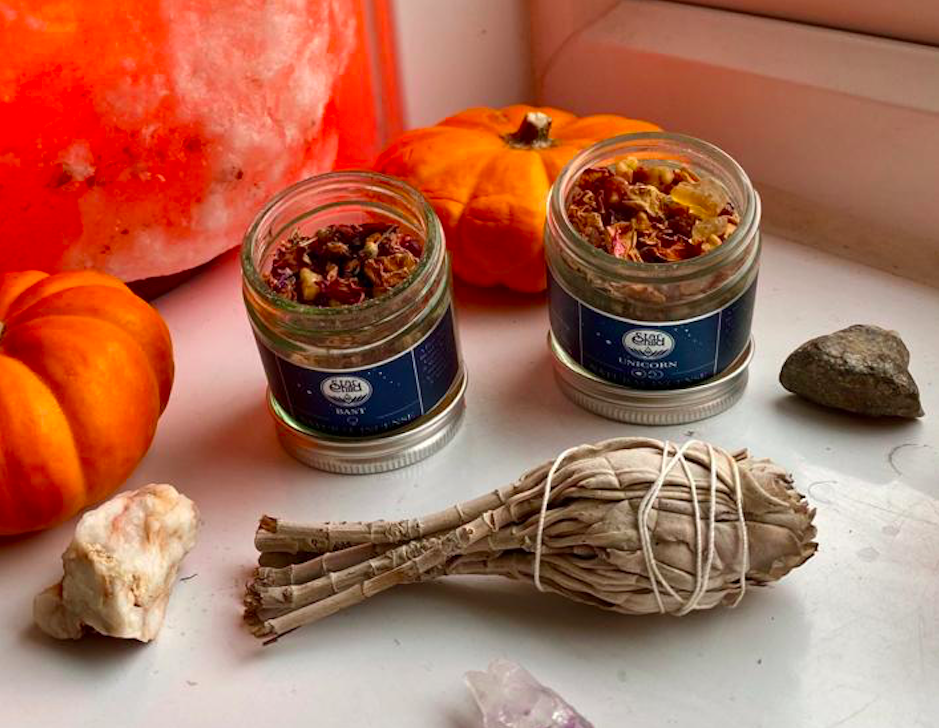By James Emery, Third Year, Biomedical Sciences
The Croft // In the second of our alternative wellbeing series, we look at how aromatherapy can be used for reducing anxiety and stress.
The use of incense (herbs, gums, resins and wood chips which are burned for their smell) and oils distilled from plants to help treat ailments is a practice that has been around for centuries.
Its specific origins are not well known but it has ties to many ancient civilisations where the use of essential oils and incense was commonplace both in the treatment of the ill and injured and in religious and cultural practices.
The Egyptians are credited with the invention of the first distillation machine which was used to procure essential oils used in the embalming and mummification of the dead, and incense was – and is – used for many spiritual practices in Native American culture.

The word ‘aromatherapy’ however, is very recent. French chemist Rene-Maurice Gattefossen coined the term when he became interested in the use of lavender oil for the treatment of burns. Essential oils from a range of plants have been used for a myriad of purposes over the centuries, and many have been found to produce stress-relieving and anti-anxiety effects in humans.
I have selected a few universally liked and easily attainable options, outlining their main benefits and how you can use them at home.
Lavender Oil
Lavender oil has been used for centuries and is the most widely studied essential oil. With its proven stress-reducing and anxiety-relieving properties, it is one of the best for stress relief. Due to its sedative effects, it can also be used on sleepless nights to help quieten racing thoughts before bed. Studies show that the quality and duration of sleep are increased when lavender oil is used and so it can also be used to help treat insomnia.
Rose Oil
Rose oil is another popular essential oil for stress relief. It is extracted from rose blooms – most commonly the Damascus rose as it has the strongest scent.

Rose has also been proven to reduce stress and anxiety levels, as well as to increase self-confidence and help to alleviate some symptoms of depression. This is due to rose oil’s ability to help reduce your heart rate and blood pressure, which allows your body to relax so you feel calmer and more at peace.
It can be used on its own but is also a good essential oil to mix with other oils which have similar stress-busting effects.
Citrus Oil
Citrus oils such as lemon and lime can be used to promote good sleep and relaxation, but alternatively, they can also act as a stimulant depending on your individual reaction to the oil. Lemon oil’s sharp scent has been shown to alleviate anxiety and depression by helping to calm and centre the mind.
Lime oil is particularly beneficial for studying, helping focus the mind and therefore increasing concentration.
Sage
The sage plant, when dried and burned, can be used to smoke cleanse a room, object, or person. Smoke cleansing is a process in which dried herbs are lit for a few seconds and then blown out. The smoke produced is then wafted around the object or area you want to cleanse. Using sage for this allows for the removal of negative energies and empowers your living space and certain objects such as crystals.

The scent produced by burning sage is shown to soothe the stressed mind, and its antimicrobial properties also allow it to cleanse the area around you. However, over-harvesting of sage has led to shortages in Native American communities. Therefore, before buying sage, make sure it is ethically and sustainably sourced.
Sandalwood incense
Sandalwood essential oil is made from the wood of the Santalum tree and has shown to have many health benefits. The pure oil can be very expensive, but buying sandalwood in incense form can be much cheaper. Due to the compound santalol, which is a natural sedative, sandalwood is a great stress reliever and when burnt can help to create a much calmer environment.
The sedative properties can also be a great help to those with insomnia, lighting the incense a short while before bed can be a great way to help you drift off (make sure it’s properly put out before you go to sleep though!).

There are many ways that these oils and incenses can be used to promote a calm environment. One method is to get a candle which has been infused with the essential oil that you want, or you can burn incense directly; this will mean that the scent is released all around the room.
However, the use of candles and incense is usually not allowed in student accommodation, so a safer alternative is the use of a steam diffuser which releases vapours made from a mixture of water and essential oils. Alternatively, it's a good idea to take your incense to a local park or just outside if you're lucky enough to have any outdoor space – this has the added benefit of getting out into nature at the same time!
Another method is to directly apply an oil to your skin – make sure you always read the safety instructions of your essential oil as some need to be diluted before applying to the skin or they may cause a reaction.
You could also choose to buy a spray so the scent will always be close by and readily available to calm you. This also works for skin creams containing the oil: or if you’re feeling more adventurous, add a few drops to a bath for a good relaxation session.
Featured image: Epigram / James Emery
| Alternative wellbeing series: a greener way to fight stress









